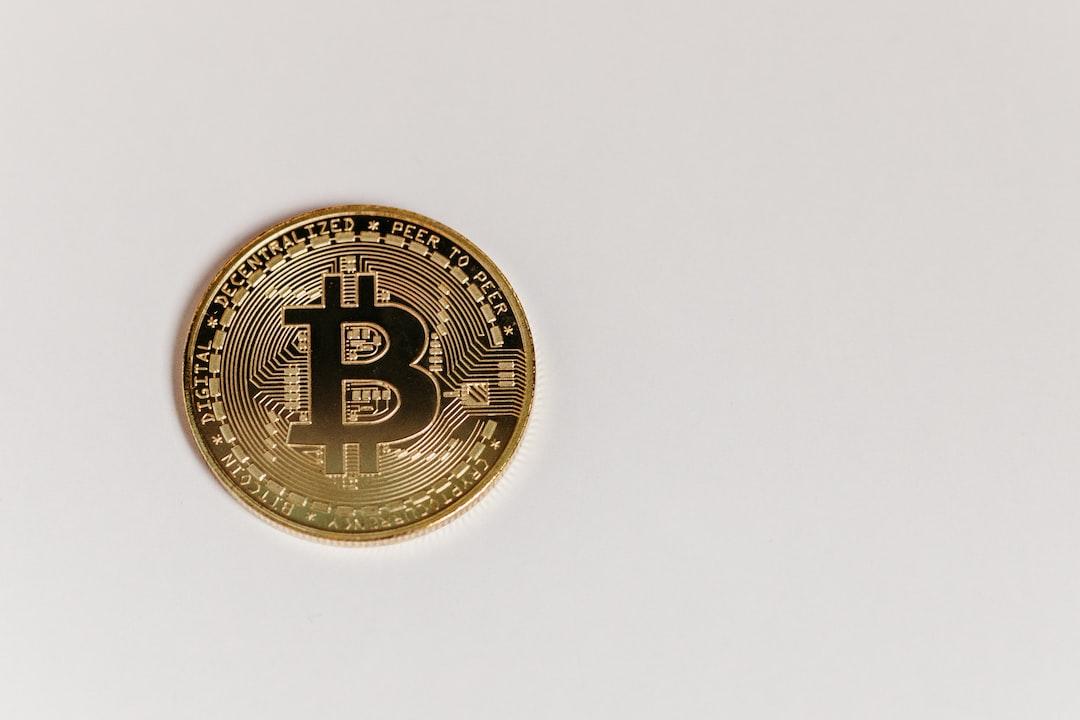EIP-4788 will greatly benefit DApp security and reduce industry-wide risks. By eliminating reliance on external oracles (which resulted in $1 billion in DeFi hacks in 2022), the Cancún upgrade strengthens the ecosystem’s ability to resist major attack vectors. This change aligns with a broader trend towards protocol-owned infrastructure to mitigate risks.
As cryptocurrency staking matures into a multi-billion-dollar industry, liquidity staking protocols are expected to experience exponential growth. In the past year, the total value locked in Ethereum liquidity staking has skyrocketed by over 300% to reach $5 billion. Liquidity staking protocols like Lido, Rocketpool, Swell, and Stader have direct access to crucial data such as validator balances and statuses, enhancing efficiency and security. While Ethereum liquidity staking has seen an increase since transitioning to PoS, Lido still dominates the market. We anticipate this growth to continue after the Cancún upgrade, with Lido’s share further diluted by the addition of new protocols like Ankr.
Re-rehypothecation protocols like Eigenlayer, KelpDAO, Swell, and ether.fi also benefit from direct data access to enhance operations. Notably, Renzo, as part of the Eigenlayer ecosystem, has already launched on the Ethereum mainnet. While liquidity staking protocols are also entering the space, rehypothecation niches are still in their early stages. Eigenlayer currently holds a leading position, as evidenced by the surge in its staked assets by mid-2023, partially due to the increased cap. The Cancún upgrade and future Eigen token economics are expected to drive ecosystem development.
The Cancún upgrade will further stimulate the creativity of DeFi products utilizing staked assets. For example, Lybra Finance and Prisma Finance have already offered diverse risk/reward configurations for staked ETH. Adventurous yield aggregators like Abracadabra may expand to include liquidity/rehypothecation assets. Increased composability will open doors to growth.
The Cancún upgrade also strengthens cross-chain bridges through optimization with EIP-4788 and cost reduction with EIP-4844. Lower fees reduce Layer 2 fragmentation, increasing bridge utilization and importance within interconnected blockchain networks. This stimulates the prosperity of a broader cross-chain ecosystem.
For blockchain gaming, the Layer 2 enhancements of Cancún facilitate the gradual realization of a decentralized Web 2.5 model while providing convenience for early adopters of true blockchain games. With reduced performance barriers, developers can focus more on gameplay and business logic. This brings the vision of a thriving ecosystem closer to reality and paves the way for disrupting the $200 billion gaming market with blockchain games.
About CoinEx:
Established in 2017, CoinEx is a global cryptocurrency exchange dedicated to simplifying trading. The platform offers a range of services, including spot and leverage trading, futures, swaps, automated market makers (AMM), and financial management services, serving over 5 million users in more than 200 countries and regions. Since its inception, CoinEx has adhered to the principle of “user-first” service. With a sincere goal of fostering a fair, respectful, and secure cryptocurrency trading environment, CoinEx makes it easy for individuals with varying levels of experience to enter the world of cryptocurrencies by providing user-friendly products.
This article is provided by the official source and does not represent the stance or investment advice of this website. Readers must conduct their own thorough evaluation.

